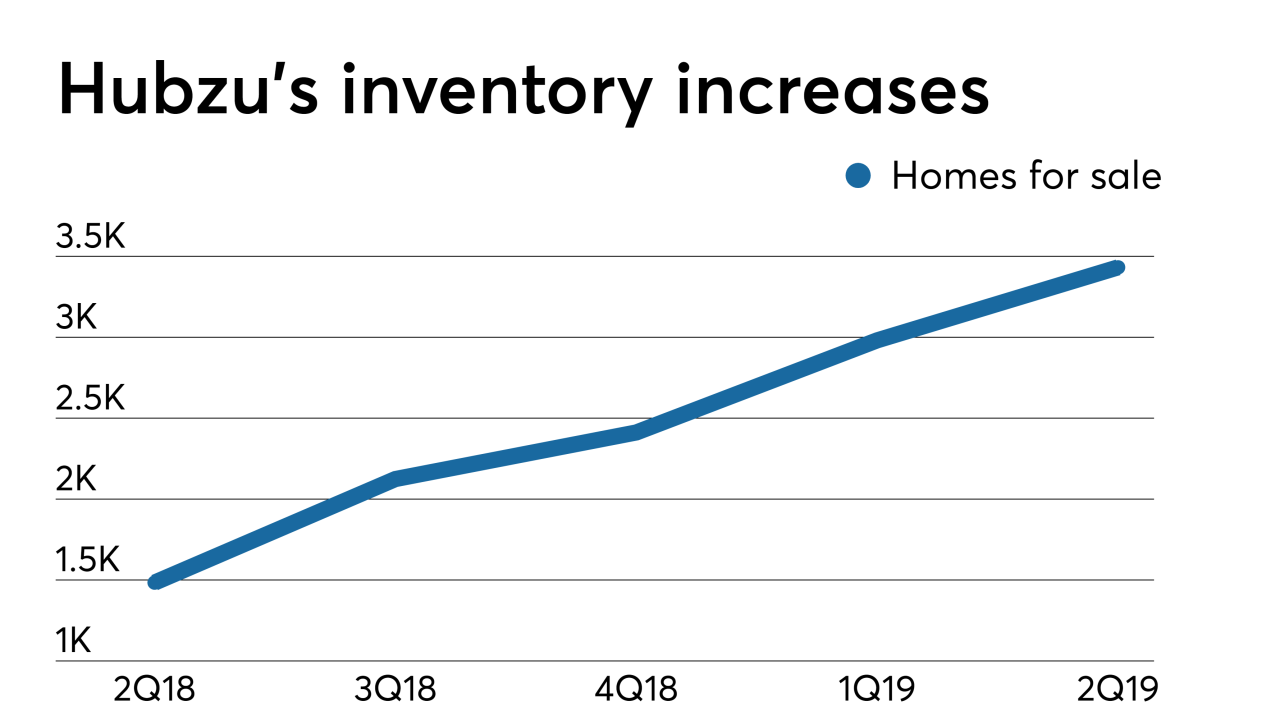-
During New York Community Bancorp's annual shareholder meeting, executives reiterated their mission to restore value in the beleaguered Long Island-based company. Questions from shareholders suggested at least some discontent following a capital influx that significantly diluted their position in the company.
June 7 -
Larger banks are responsible for a special assessment to cover the costs of the failures of Silicon Valley Bank and Signature Bank. The price tag has ballooned by $4.1 billion, and trade groups are criticizing the FDIC's process, arguing that it lacks transparency.
March 13 -
The turmoil at New York Community Bancorp resumed Thursday with the departure of CEO Thomas Cangemi. The embattled regional bank, which also recorded a $2.4 billion goodwill impairment charge and disclosed other new problems, saw its share price plunge.
February 29 -
After the Rhode Island-based company eliminated 650 positions, severance-related costs contributed to a 71% decline in quarterly net income.
January 17 -
Across the industry, the pace of branch shutdowns slowed this year. Still, large financial institutions continued to trim their physical footprints, with two super-regional banks taking the most aggressive actions.
December 15 -
The Pittsburgh-based regional bank expects to save $325 million next year as it reduces its staff by 4%. Executives said the cuts are necessary because revenue has fallen amid a surge in interest rates and a decline in loan volumes.
October 13 -
The consulting giant's annual global banking review highlights a stark trend: Over a seven-year period, more than 70% of the net increase in financial assets ended up not on U.S. banks' balance sheets, but instead at insurance and pension funds, sovereign wealth funds, in private capital markets and elsewhere.
October 12 -
Thomas Nides, a former U.S. ambassador to Israel and longtime Morgan Stanley executive, will take over the megabank's public affairs division as its work to fix regulatory concerns continues. He succeeds Bill Daley, the former chief of staff to President Barack Obama, who recently announced his retirement from Wells.
September 22 -
Headcount at the nation's second-largest bank has fallen by around 1,000 since the end of last month. More job reductions are in the works after noninterest expenses rose by 6% during the first quarter.
April 18 -
The San Francisco bank tallied $2.2 billion in net operating losses, higher than in any quarter since late 2017. The charges offset what otherwise would have been a strong third-quarter performance.
October 14 -
The two megabanks said that their capital requirements will rise in the wake of Federal Reserve stress tests, putting downward pressure on their distributions to shareholders. Meanwhile, Bank of America, Wells Fargo, Goldman Sachs and others announced plans to raise their dividends.
June 27 -
The nation's largest bank indicated Monday that it may again offer home equity lines of credit to a wide audience. Rising mortgage rates have made the product more attractive after a long drought when low rates suppressed demand.
May 23 -
The central bank also signed off on Webster Financial’s acquisition of Sterling Bancorp and WSFS Financial’s purchase of Bryn Mawr Bank Corp. The moves come amid a political fight over the bank merger approval process.
December 17 -
The bank's noninterest expenses fell by 8% in the second quarter — a sign that CEO Charlie Scharf is making progress in reining in spending that had been soaring in recent years amid heightened regulatory scrutiny. He ultimately hopes to reduce gross expenditures by $8 billion annually.
July 14 -
CEO Charlie Scharf disappointed investors by failing to provide either a detailed road map for long-term expense reductions or say when he might release such a plan.
October 14 -
Altisource Portfolio Solutions cut its previous-quarter net loss by 49% in its most recent fiscal period, when property maintenance revenue and new Hubzu real estate auction site inventory increased.
July 25 -
Borrowers were more than twice as likely to use a lender they found online in 2018 as they were in 2017, making search engines the mortgage industry's top source of referrals.
March 12 -
The company will shutter the offices it inherited when it bought EverBank in 2017 and focus on lending to existing customers through digital channels. U.S. Bank will assume the leases on about 25 properties.
February 21 -
Altisource Portfolio Solutions plans to discontinue its buy-renovate-lease-sell business for single-family homes and sell its short-term inventory in order to cut costs and repay debt.
November 26 -
Wells Fargo will lay off 1,000 workers primarily from its mortgage unit in the first major round of a previously announced plan to cut the bank's workforce by as much as 10% over the next three years.
November 15



















